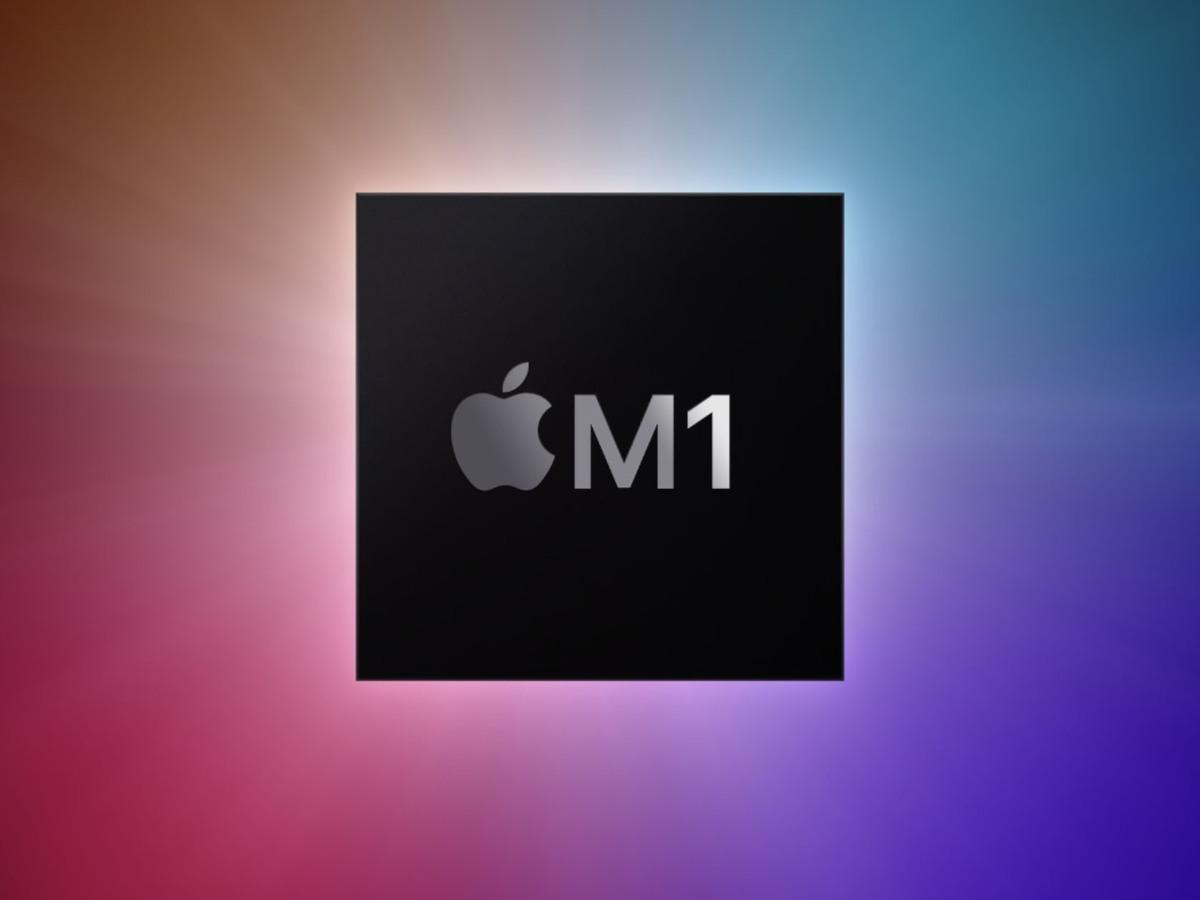

Microsoft on Wednesday issued a preview of Office for the Mac that will run natively on Apple's upcoming ARM-based laptops.
The Redmond, Wash. company also modified its Intel-based macOS Office applications so that they run on Apple's newest, Big Sur, and have been optimized for translation by Rosetta 2 — the built-in technology that makes it possible to run older software on the ARM silicon inside the new MacBook Air, MacBook Pro and Mac Mini.
In effect, Microsoft now has two lines of Office for the Mac.
The latest, a Universal App iteration of Office, was released to the Beta channel of Office Insider, Microsoft's preview program, on Nov. 11, according to Erik Schwiebert, a principal software engineer for Apple products at Microsoft. A Universal App is one with binaries that run on Intel-based and Apple Silicon Mac hardware.
(On Tuesday, Apple unveiled three Mac models powered by its own ARM-based silicon, a system-on-a-chip (SoC) dubbed M1. While those machines — configurations of the MacBook Air, the 13-in. MacBook Pro and the Mac Mini — can be ordered now, they are to be delivered to buyers in a few days and reach retail on Nov. 17.)
Users must have an Office 365 or Microsoft 365 account to join Office Insider, and thus experiment with the Beta of the Office Universal App. Instructions on installing the Beta are available here.
Also this month, Microsoft updated the Office applications — Word, Excel, PowerPoint, Outlook, OneNote and OneDrive — to include 'the latest optimizations for macOS Big Sur, which is the first operating system to support Apple Silicon.'
On M1-powered systems, Big Sur — aka macOS 11 — relies on Rosetta 2 to run existing Intel-based applications. Rosetta does this by translating Intel-based code into code that runs on the M1 SoC. Rather than do that in real time, again and again each time the application is launched, Rosetta 2 can do the translation once, prior to the first time the app is run on Apple silicon, then stores the translated code for subsequent use.
'The first launch of each Office app will take longer as the operating system has to generate optimized code for the Apple Silicon processor,' a Microsoft support document said. 'Users will notice that the apps 'bounce' in the dock for approximately 20 seconds while this process completes. Subsequent app launches will be fast.'
Office's applications were optimized for Rosetta 2 with the 16.43 update, which was released Nov. 10.
Leave a Comment